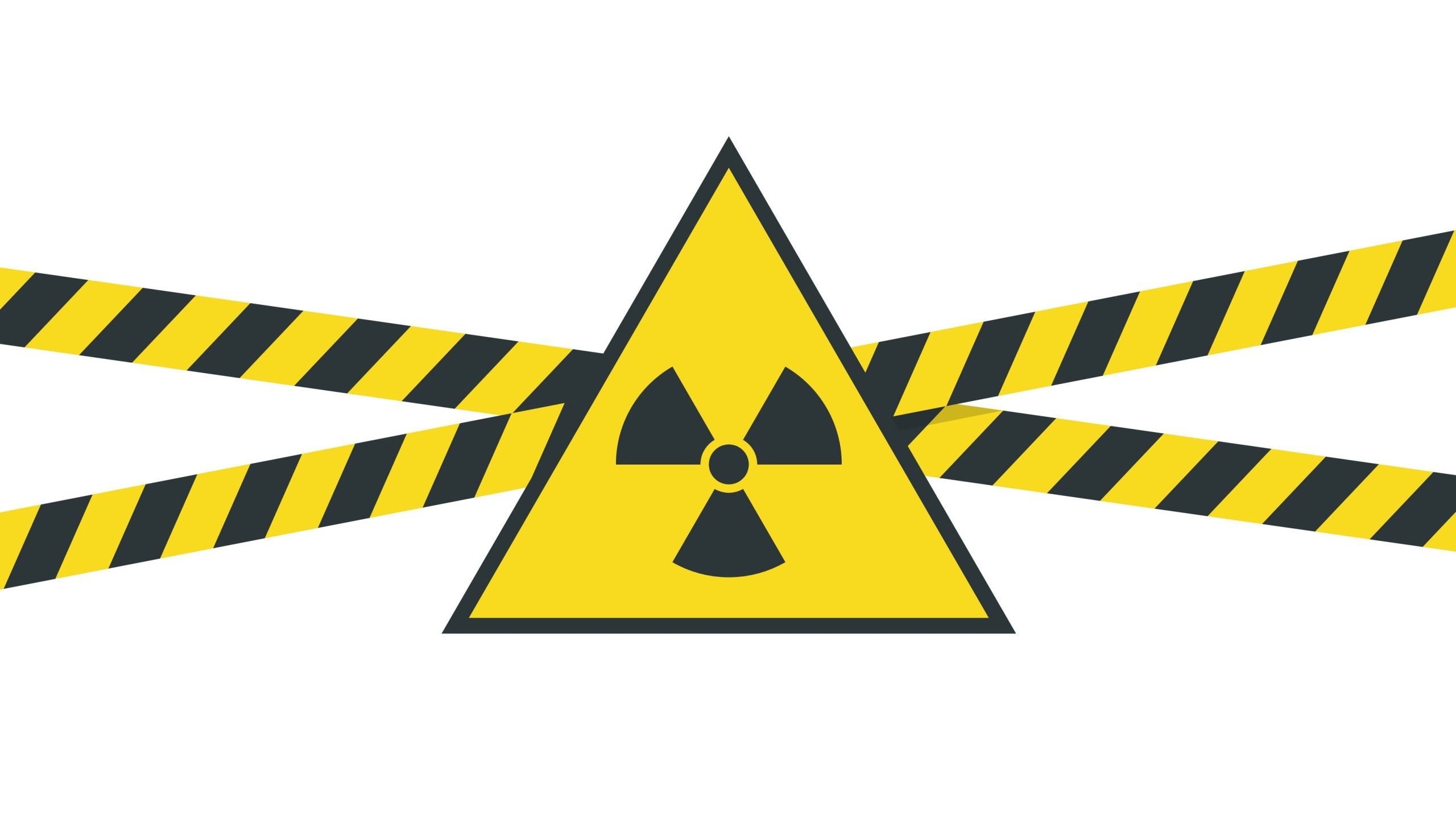
Israel-based Pluri has signed a three-year $4.2m contract with the US National Institute of Allergy and Infectious Diseases (NIAID) and the US Department of Defense (DoD) to develop its cell therapy avoplacel (PLX-R18) to treat haematopoietic acute radiation syndrome or radiation poisoning.
The funding is expected to support avoplacel’s development until marketing approval has been granted by the US Food and Drug Administration (FDA), as per an 11 July announcement. Following that, there are plans to purchase avoplacel as a radiation exposure countermeasure for the US Strategic National Stockpile.

Discover B2B Marketing That Performs
Combine business intelligence and editorial excellence to reach engaged professionals across 36 leading media platforms.
Avoplacel is an intramuscular treatment composed of human placenta-derived stromal cells. It is intended to be administered 48 or more hours following exposure to radiation to help counteract radiation’s effect and boost bone marrow and blood cell recovery.
The FDA has approved avoplacel’s investigational new drug (IND) application and granted it an orphan drug designation for the treatment of radiation sickness in nuclear events.
Pluri CEO Yaky Yanay said: “The current time calls for us to accelerate the development and accessibility of radiation treatments, especially as geopolitical instability rises, and nuclear power plants face the threat of warfare.
“Through this strategic contract with NIAID, we believe that we can realise our mission of making PLX-R18 (avoplacel) readily available for emergency preparedness.”

US Tariffs are shifting - will you react or anticipate?
Don’t let policy changes catch you off guard. Stay proactive with real-time data and expert analysis.
By GlobalDataOther drugs currently under development for acute radiation sickness include Enzychem Lifesciences’ mosedipimod, New Amsterdam Sciences’ NAS-150, and Statera Biopharma’s entolimod.
Avoplacel’s study data
In animal model studies, avoplacel showed a marked improvement in survival rates of 97% in the treatment group versus 29% in the control group following exposure to radiation.
When used prophylactically, 24 hours to 72 hours before exposure, it resulted in survival rates of 74% and 4% in the treatment and control groups, respectively. There was also an increase in blood cell counts, including white blood cells, platelets, neutrophils, and lymphocytes, which are severely decreased because of radiation sickness.
Human studies of avoplacel in patients with incomplete hematopoietic recovery following haematopoietic cell transplantation reported an increase in blood counts and a decreased need for repeated blood transfusions over a 12-month period.




